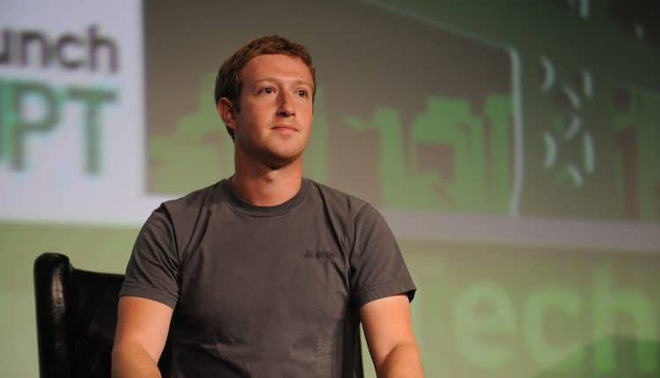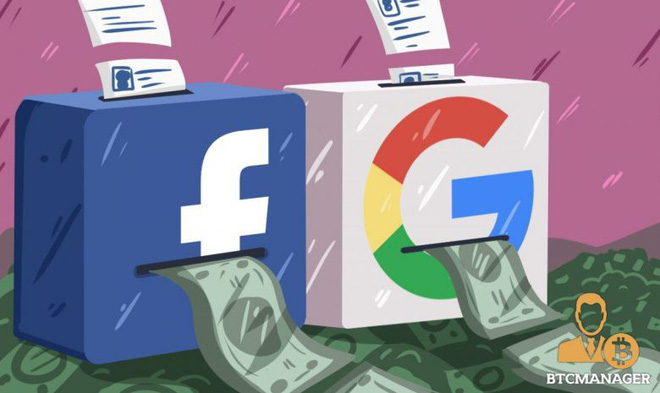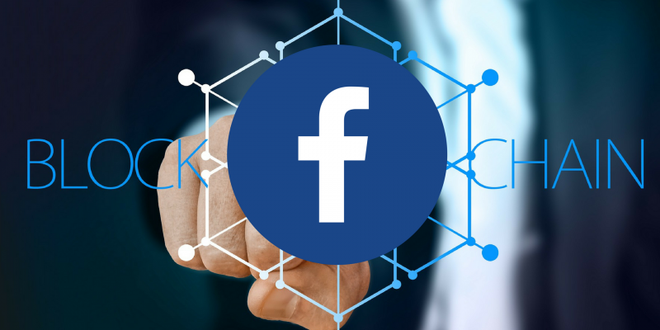Social networking on blockchain could be the answer to all of Facebook's headache issues
Facebook is having a serious problem. Looking at the 6.7% decline for their stock in the first trading day of the week, it seems that both the stock market and the managers have woken up from their sleep. The Massachusetts prosecutor opened an investigation, and the European Union has taken a similar step. Lawmakers are calling on Facebook regulators to explain themselves.
To add to Facebook's worries, US law firm Levi & Korsinky clearly sniffed something, when yesterday they made the announcement that they were investigating Facebook due to ' concerns about their possible violation of federal securities laws . '
All of this comes after the New York Times and The Observer shows that Facebook has allowed data analytics firm Cambridge Analytica to collect information related to 50 million accounts without consent. of the user.

The problem with Facebook is that the centralization of data and its scandals are the clearest sign that the end of centralized, centralized social networking has begun to pick up.
The problem with Facebook: its centralized and less private platform
It should be noted that every problem has its opposite side - meaning that a solution or someone will eventually appear to solve. The unity of these opposites seems quite obvious, but until the solution comes into view and is implemented, not everyone recognizes it. However, the question for Facebook is not whether there is a solution, but whether it comes from inside or outside the company.
Facebook's problem stems from the fact that it is a centralized platform , so it depends on selling ads to people who have voluntarily registered an account on it (because of the network effect). As the user base of this social network has expanded to a solid level, it has attracted the budgets of advertising organizations on its way.
A measure of success in Facebook's business model is that stock prices have risen more than 90% in the past 12 months, with investors actively buying as Facebook's sales fleet constantly rolls. . But what made the company's stock price plummet? The answer is because this train is going astray.

The problem with centralized social networking platforms is that here, users are turned into products . At one level or another, your data is sold to the highest bidder, regardless of your privacy settings. And ignoring the ethical claims of each platform, there's only one way to generate money - rely on engaging content that users post to interact, and the centralized platform will receive dollars. from your content and active activity.
Facebook's Cambridge Analytica nightmare has actually spread far louder and more frightening than most Facebook users have suspected - when what they used to like and share, what shows how they think. and what to do, leaked to the world or to Facebook and its third-party customers.
Regain control
The truth is, few of us are not afraid to share our data, but as our lives become more and more online, we become increasingly aware of the importance of advertising. More accurate how in targeting.
This also means that Facebook is getting to know us better and better. More and more of us already know, or are aware that, the protection of personal data not only because of the information in bank accounts but also because of what we like and do online.
We need to control who will see what and how a social network can do that is based on blockchain, combined with autonomy, where each individual has full control at the local level for all of your personal data (in other words, on a secure smartphone as opposed to a cloud of data storage).

In fact, CEO Mark Zuckerberg himself has identified solutions that can ' fix Facebook '. He himself mentioned it in his New Year's statement: encryption and blockchain. Here are the things he mentioned:
' There are important antagonistic trends to this - cryptocurrencies and cryptocurrencies - things that take the power of centralized systems and put it back into people's hands. But they come with the risk of being harder to control. I am very interested in going deeper and researching the negative and positive aspects of these technologies, and how to best use them in our service . '
Meanwhile, many others have been taking advantage of their opportunities.
Take a look at Civic, their European digital ID management platform and competitor, ValiD, which has benefited from the application of the General Data Protection Regulation that came into effect in Europe. in this May.
And of course, in the social space, it is impossible not to mention the high-end project from Steem, one of the busiest blockchains in existence, where you get paid for posting, sharing, voting and socks. other actions. There are also blockchain projects from Canadian messaging platforms, Kik, and their KIN cryptocurrency.
Perhaps Facebook will make something truly smart as announcing that they are building a second Facebook on the blockchain, really empowering individual users, or perhaps they will wait to witness. How things like that evolved with a few more interesting projects, and eventually bought a few of them with a little change like the way they used to do with Instagram. Who know?
But one thing is for sure - we're at the peak of Facebook and decentralized ledger alternatives are all very feasible for the opportunities we mentioned above.
Refer to Ethereumworldnews